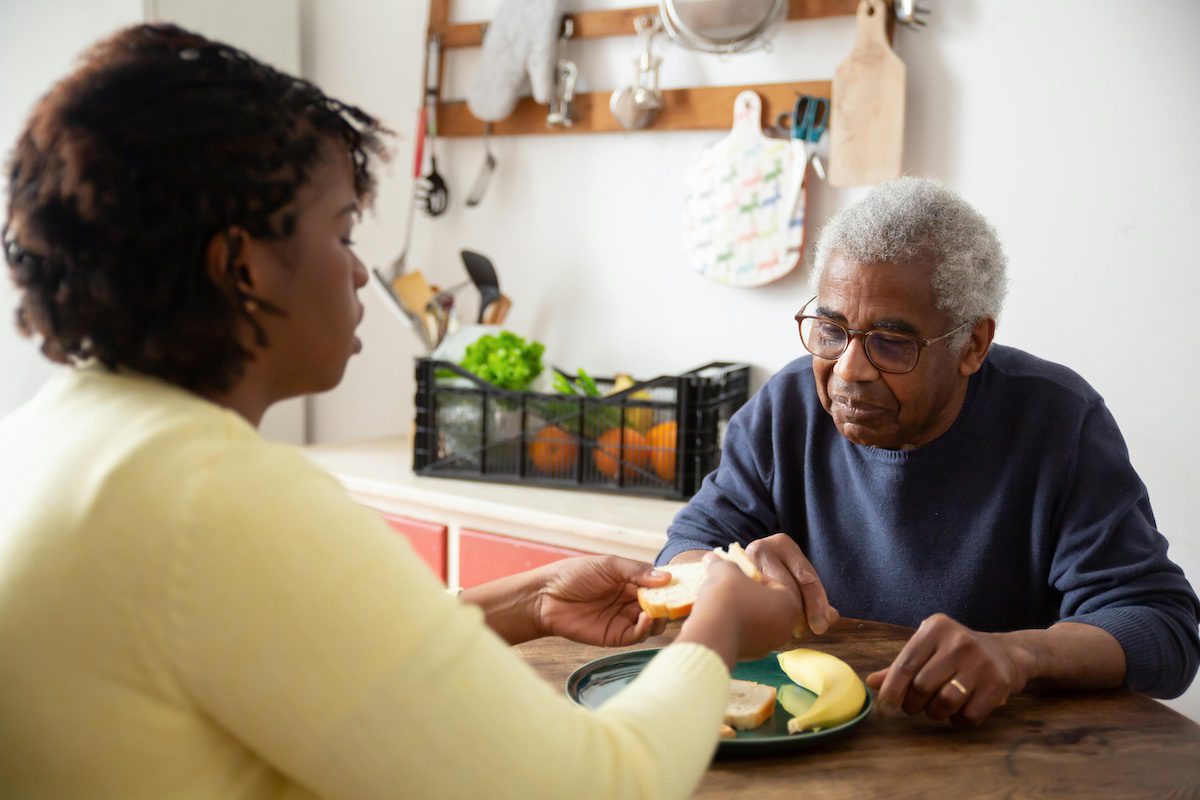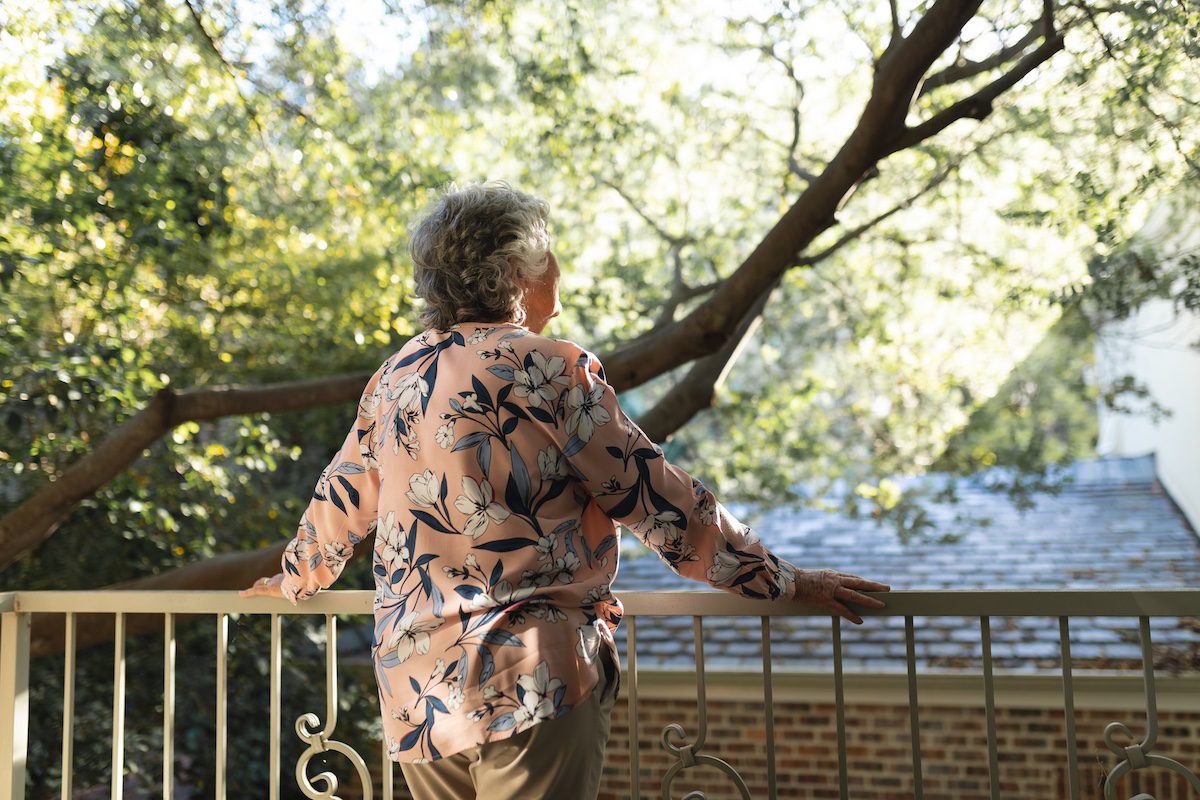Caring for elderly relatives can be a fulfilling yet challenging responsibility. As our loved ones age, their personal care needs become more complex, and ensuring proper hygiene becomes paramount.
In this blog post, we’ll explore practical strategies and tips to ensure the well-being and hygiene of your elderly relatives.
Understanding the Importance of Hygiene for the Elderly
Physical and Emotional Impact
Proper hygiene extends far beyond appearances; it directly influences an elderly individual’s physical health and emotional well-being. Neglecting hygiene can lead to skin infections and discomfort, significantly impacting their quality of life.
Moreover, maintaining personal hygiene becomes increasingly challenging due to age-related obstacles, such as reduced mobility and memory loss. These challenges underscore the need for understanding and support in ensuring the well-being of our elderly loved ones.
Age-Related Challenges
Additionally, age-related challenges, including reduced mobility and memory loss, can make maintaining personal hygiene more difficult, necessitating understanding and support.
Reduced mobility can limit an elderly person’s ability to perform essential hygiene tasks independently, requiring assistance and accommodations to ensure their well-being.
Memory loss, a common issue in aging, can result in forgetfulness regarding personal care routines. This emphasizes the importance of patient reminders and empathetic support to help them maintain their hygiene effectively and comfortably.
Creating a Hygiene Plan
Assessing Individual Needs
Assessing an elderly person’s unique hygiene needs and preferences is crucial. It allows for the development of a customized plan that respects their choices and requirements.
This personalized approach ensures that the elderly individual’s comfort and dignity are prioritized. By taking into account their specific preferences, you can create a care plan that not only meets their hygiene needs but also aligns with their values and maintains their sense of autonomy.
Establishing a Routine
Establishing a consistent hygiene routine offers predictability, reduces anxiety, and enables early detection of health deviations.
Routine not only provides structure to an elderly person’s day but also fosters a sense of security. It ensures that essential personal care tasks are consistently addressed, reducing the risk of neglect and related health issues.
Furthermore, by adhering to a routine, any changes in their physical well-being can be detected early, allowing for timely intervention and medical attention if necessary.
Accessibility and Safety
Ensuring bathrooms and personal care items are easily accessible for elderly relatives with limited mobility enhances their safety and independence.
Modifying the bathroom environment to accommodate their needs can significantly reduce the risk of accidents and falls. Installing grab bars, non-slip mats, and raised toilet seats can provide added stability and support.
These simple adjustments empower elderly individuals to maintain their personal hygiene with confidence while minimizing the potential for injuries.
Maintaining Dignity
Treating elderly relatives with respect and preserving their dignity while assisting with personal care is paramount. This approach fosters a sense of self-worth and autonomy, reinforcing their emotional well-being.
Recognizing their right to make choices about their personal care, even if they require assistance, empowers them to maintain a sense of control and independence. It’s crucial to involve them in decision-making processes, respecting their preferences and boundaries.
By doing so, you not only promote their emotional well-being but also strengthen the trust and bond within the caregiving relationship.
Hygiene Products and Aids
Adaptive devices and products designed to assist with personal care tasks, such as shower chairs and long-handled brushes, can greatly enhance an elderly individual’s ability to maintain hygiene independently.
These specialized tools are engineered to cater to the unique needs and challenges of the elderly.
Shower chairs, for example, provide a safe and comfortable way for them to bathe while reducing the risk of slips and falls. Long-handled brushes make reaching and cleaning more manageable, promoting self-sufficiency and maintaining personal hygiene with ease.
Incorporating these adaptive devices into daily routines can significantly improve the quality of life for elderly individuals.
Skin and Oral Care
Importance of Skincare
Proper skincare is essential for preventing skin issues and discomfort in the elderly.
As aging skin becomes more fragile, it’s prone to dryness, sensitivity, and a higher risk of developing pressure sores or infections.
Maintaining a regular skincare routine helps preserve skin health, preventing these discomforts and potential complications. This simple yet crucial aspect of personal care contributes to an elderly individual’s overall well-being and comfort.
Oral Health Matters
Maintaining good oral health is equally significant, as it contributes not only to their physical well-being but also to their overall quality of life. Ensuring regular dental check-ups and skincare routines can significantly improve their health and comfort.
A healthy mouth is essential for eating, speaking, and overall comfort. Poor oral health can lead to issues like pain, difficulty eating, and even systemic health problems.
Regular dental check-ups and a consistent oral care routine can prevent these issues, enhancing an elderly individual’s quality of life by promoting better health and well-being.
Ensuring Proper Hygiene During Hospice Care
Ensuring proper hygiene during hospice care is a fundamental aspect of providing comfort and dignity to individuals in their final stages of life. Hospice care emphasizes the importance of maintaining the highest standards of cleanliness and personal care.
This includes regular bathing, changing bed linens, and addressing oral and skin care needs. However, it goes beyond the physical aspects. Hospice care providers also prioritize emotional well-being by offering gentle and compassionate assistance, respecting the individual’s preferences and autonomy throughout the process.
By maintaining proper hygiene in a hospice care setting, not only is physical comfort upheld, but the person’s dignity and sense of self are preserved, allowing them to face this challenging phase with as much comfort and peace as possible.
Final Thoughts
In conclusion, ensuring proper hygiene and personal care for elderly relatives is a multifaceted responsibility that requires attention to both physical and emotional needs.
By creating a customized hygiene plan, seeking assistance when needed, and maintaining dignity throughout the process, you can significantly enhance the well-being of your elderly loved ones.
If you have concerns about your elderly relatives’ hygiene or personal care routine, contact our team for assistance or resources.


